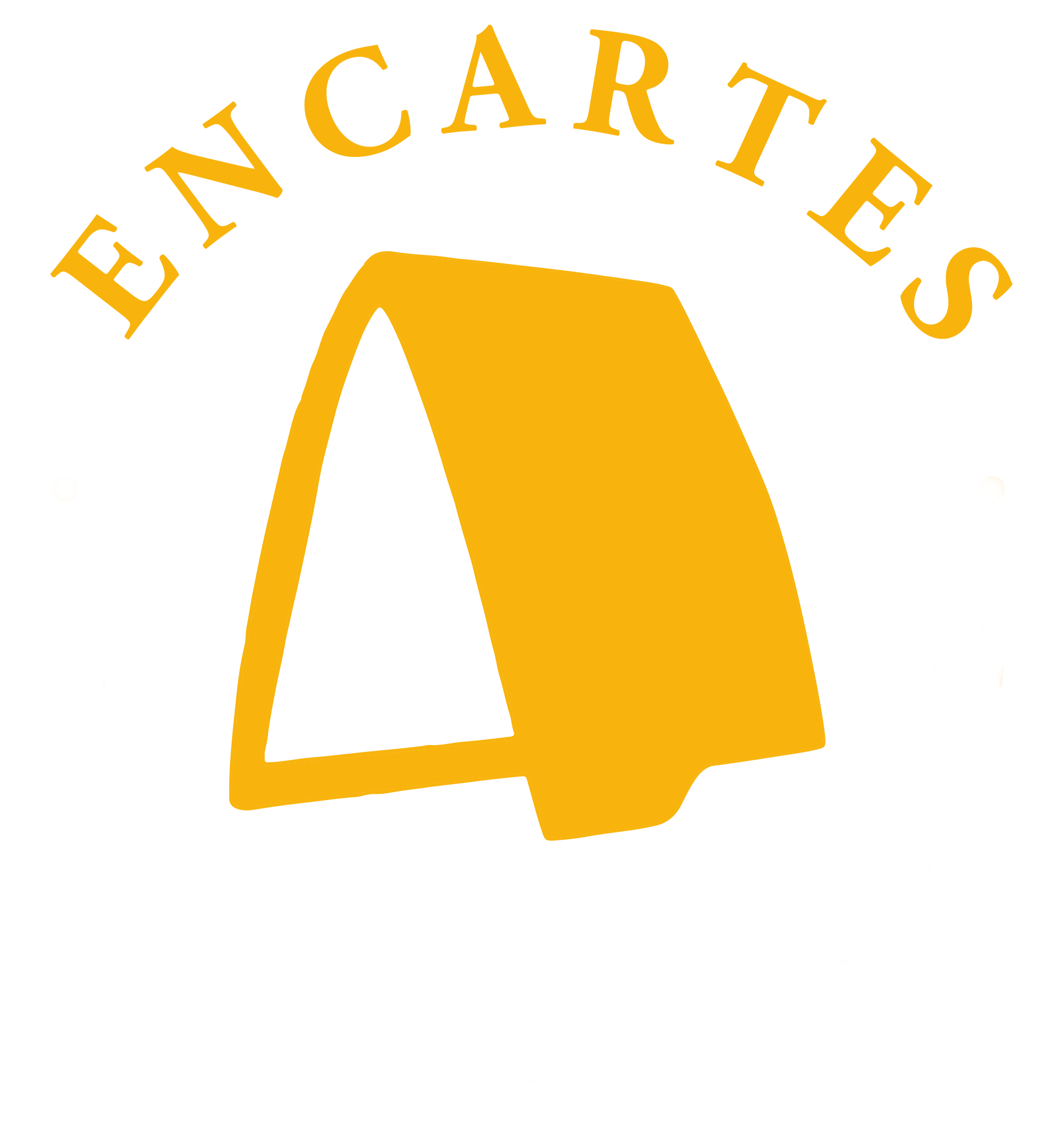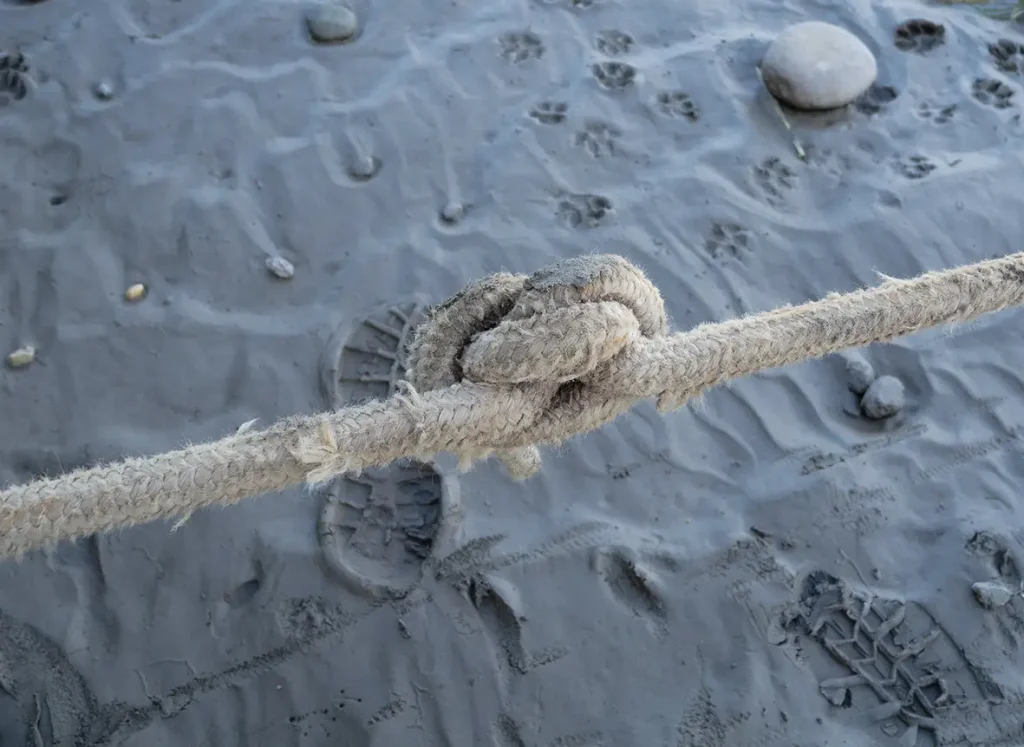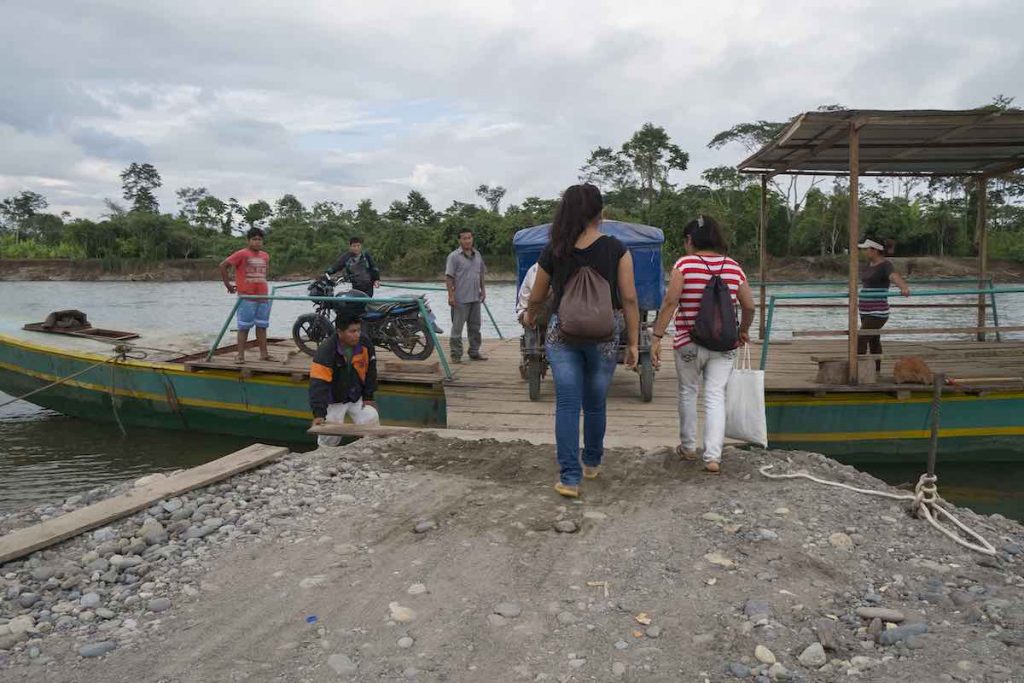Richard Kernaghan is an ethnographer and associate professor in the Department of Anthropology at the University of Florida. He studies the nexus between aesthetics and legal phenomena, with a focus on rivers, transportation, and the political temporality of the landscape. Her first book, Coca's Gone (Stanford University Press, 2009) describes the aftermath of a cocaine boom through accounts from a coca-growing region of Peru known as the Upper Huallaga. In his next book, Crossing the Current (Stanford, 2022), he traces the territorial transformations of that same region after the military defeat of the Maoist insurgency Sendero Luminoso and reflects on the persistence of a war that ends without ending. There, the firmness of the past takes shape in the passing of the present, where image, matter and sensation unusually cross each other.
Institutions




ISSN: 2594-2999.
encartesantropologicos@ciesas.edu.mx
Unless expressly mentioned, all content on this site is under a Creative Commons Attribution-NonCommercial 4.0 International License.
Download legal provisions complete
EncartesVol. 7, No. 14, September 2024-February 2025, is an open access digital academic journal published biannually by the Centro de Investigaciones y Estudios Superiores en Antropología Social, Calle Juárez, No. 87, Col. Tlalpan, C. P. 14000, México, D. F., Apdo. Postal 22-048, Tel. 54 87 35 70, Fax 56 55 55 76, El Colegio de la Frontera Norte, A. C.., Carretera Escénica Tijuana-Ensenada km 18.5, San Antonio del Mar, No. 22560, Tijuana, Baja California, Mexico, Tel. +52 (664) 631 6344, Instituto Tecnológico y de Estudios Superiores de Occidente, A.C., Periférico Sur Manuel Gómez Morin, No. 8585, Tlaquepaque, Jalisco, Tel. (33) 3669 3434, and El Colegio de San Luis, A. C., Parque de Macul, No. 155, Fracc. Colinas del Parque, San Luis Potosi, Mexico, Tel. (444) 811 01 01. Contact: encartesantropologicos@ciesas.edu.mx. Director of the journal: Ángela Renée de la Torre Castellanos. Hosted at https://encartes.mx. Responsible for the last update of this issue: Arthur Temporal Ventura. Date last modified: September 25, 2024.




